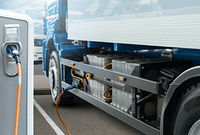Transforming the Transportation Industry: Future Trends and Innovations:
Introduction:
The transportation industry is at the cusp of a transformative era. From advanced technologies to sustainable practices, the sector is evolving to meet the demands of a globalized economy and an environmentally conscious world. This blog post explores the future of transportation, focusing on how various stakeholders, including trucking companies, logistics firms, shippers, brokers, owner-operators, and dispatchers, can adapt and thrive in this dynamic environment.
The Impact of Technology on the Future of Transportation
Autonomous Vehicles:
Autonomous vehicles (AVs) are no longer a distant dream. Companies like Tesla, Waymo, and Uber Freight are pioneering the development of self-driving trucks, which promise to revolutionize the transportation sector. AVs can operate 24/7 without the need for breaks, significantly reducing delivery times and operational costs. For trucking companies and owner-operators, investing in autonomous technology could mean staying ahead of the competition and maximizing efficiency.
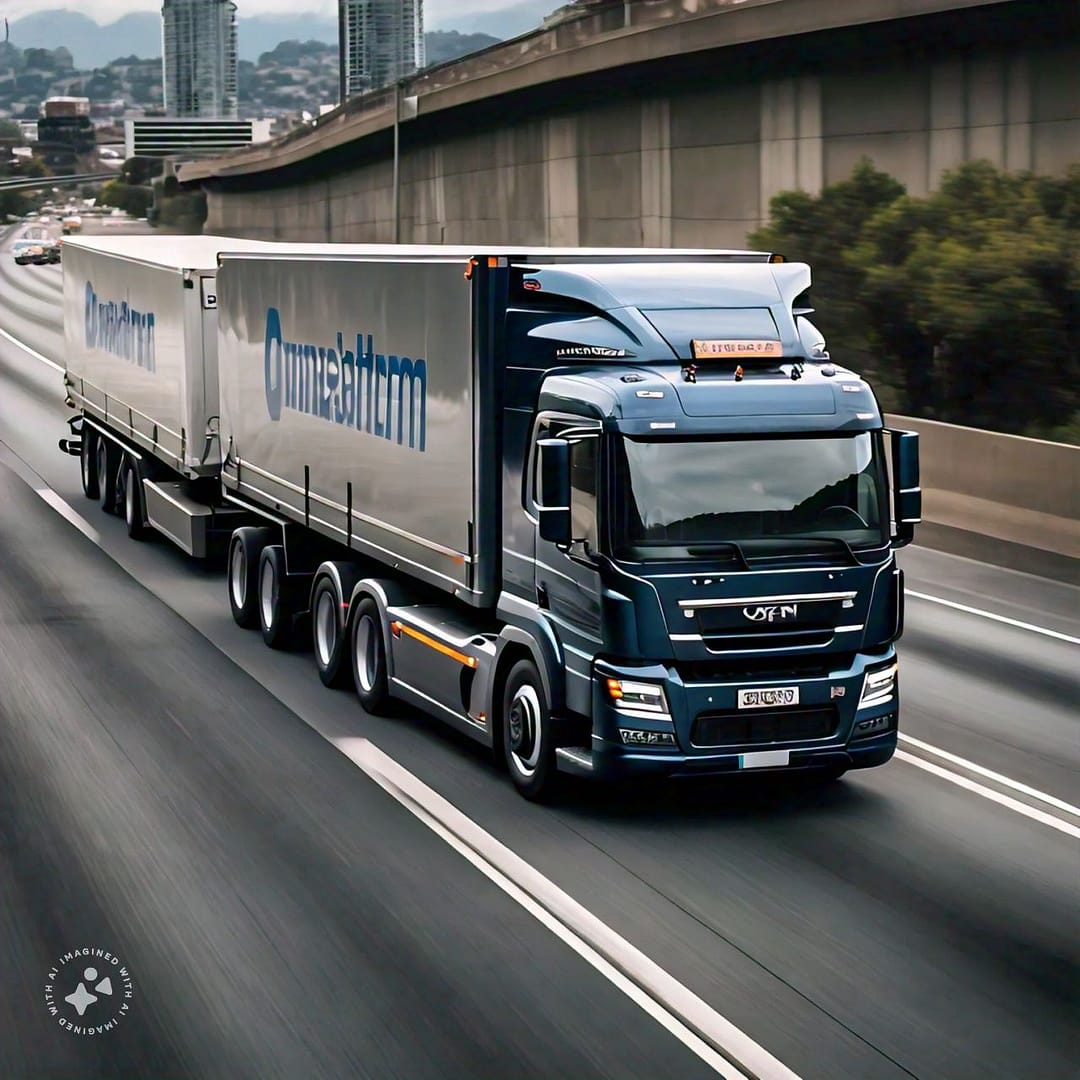
Telematics and IoT:
The Internet of Things (IoT) and telematics are transforming fleet management. By embedding sensors in vehicles, companies can collect real-time data on vehicle performance, driver behaviour, and cargo conditions. This data allows for predictive maintenance, reducing downtime and preventing costly breakdowns. For dispatchers, IoT provides tools to optimize route planning and ensure timely deliveries.
Sustainable Practices in the Future of Transportation
Electric and Hybrid Vehicles:
With increasing concerns over climate change, the transportation industry is under pressure to reduce its carbon footprint. Electric and hybrid trucks offer a sustainable alternative to traditional diesel-powered vehicles. Companies like Rivian and Nikola are leading the way with electric trucks that boast lower operating costs and zero emissions. Shippers and brokers can benefit from partnering with carriers that prioritize sustainability, as it enhances their own corporate social responsibility (CSR) profiles.
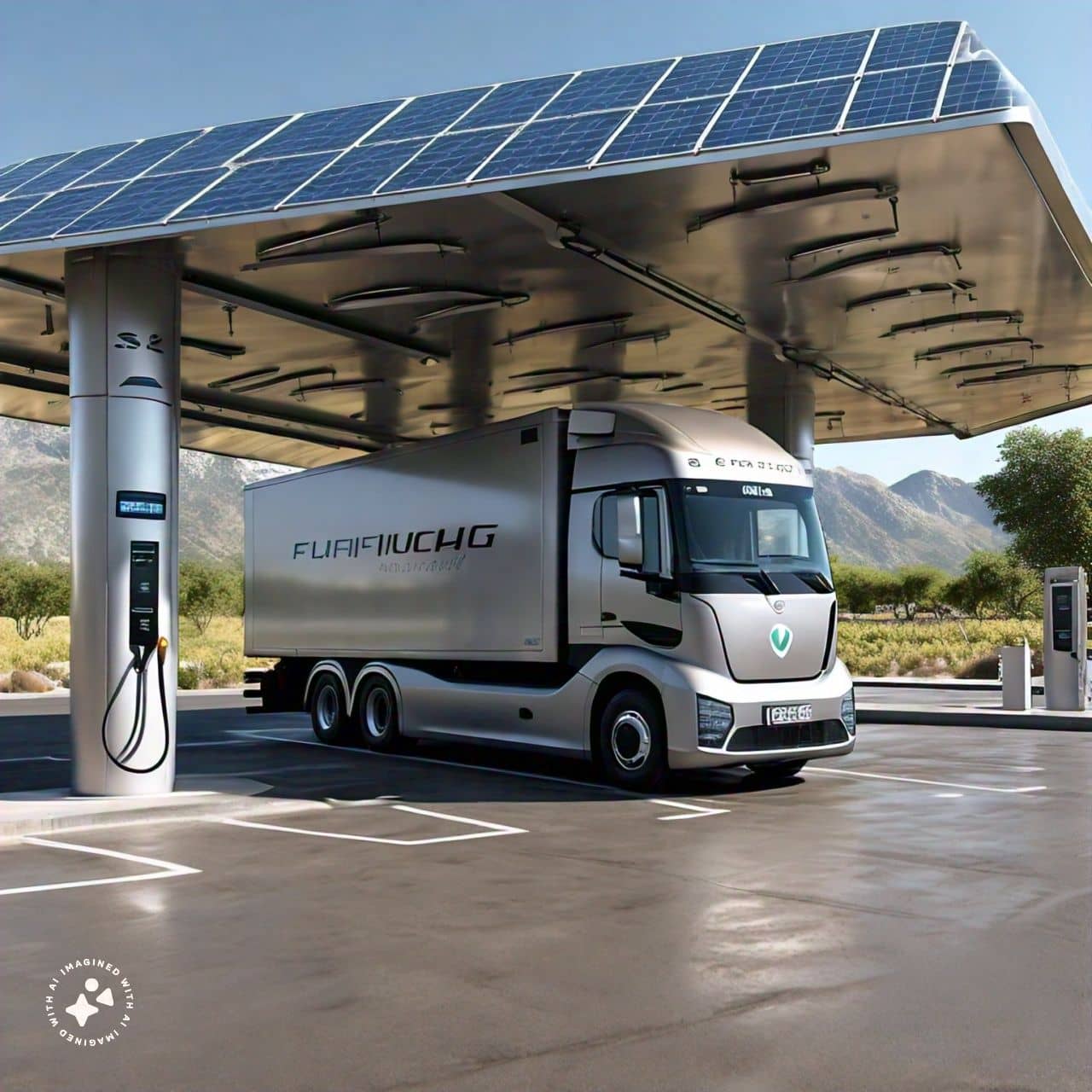
Renewable Energy Integration:
Beyond electric vehicles, integrating renewable energy sources into transportation operations is gaining traction. Solar panels on warehouses, wind turbines, and energy-efficient practices can significantly reduce the environmental impact. For logistics companies, investing in renewable energy not only helps the planet but can also lead to substantial cost savings in the long run.
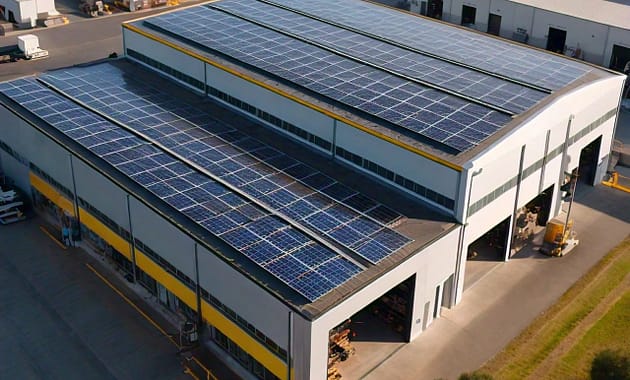
Regulatory Changes and Compliance
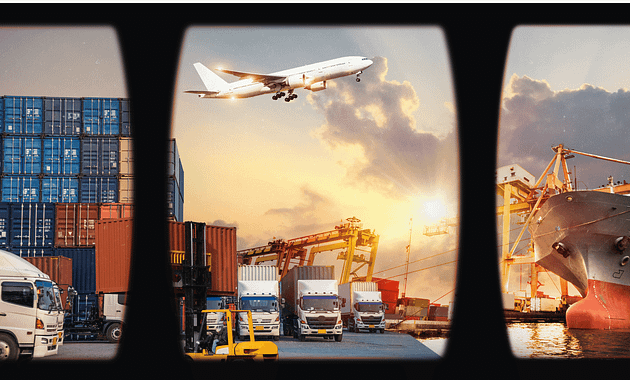
ELD Mandate:
The Electronic Logging Device (ELD) mandate has changed the landscape for trucking companies and owner-operators. ELDs replace paper logs, ensuring compliance with Hours of Service (HOS) regulations. While initially met with resistance, ELDs have improved safety and accountability in the industry. Staying updated with regulatory changes is crucial for all stakeholders to avoid penalties and ensure smooth operations.
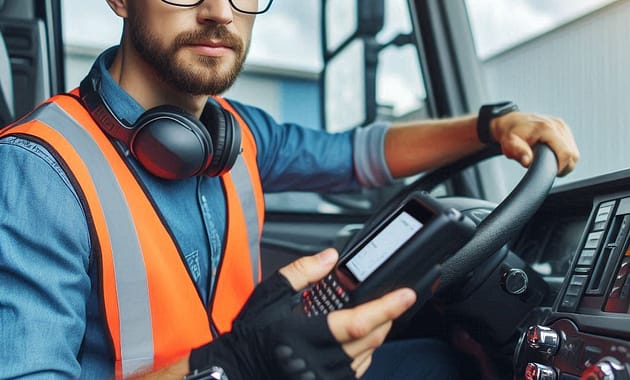
Emissions Regulations:
Governments worldwide are tightening emissions regulations, pushing the transportation industry towards greener solutions. Compliance with these regulations requires investment in cleaner technologies and practices. For dispatchers and fleet managers, this means adapting to new standards and finding cost-effective ways to meet regulatory demands.
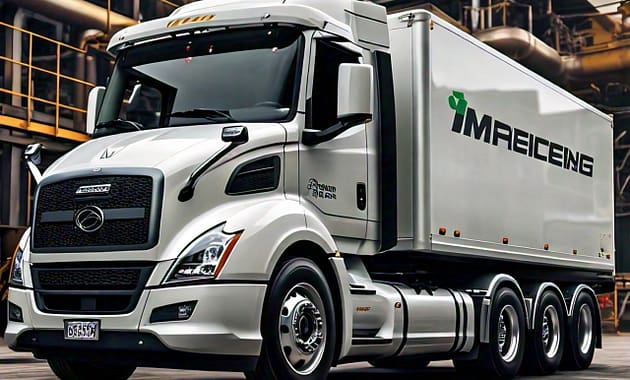
The Rise of E-commerce and Its Impact on Transportation
Just-In-Time Delivery:
The boom in e-commerce has led to the rise of just-in-time (JIT) delivery models. Consumers expect fast, reliable delivery services, which has put pressure on the transportation industry to optimize their supply chains. For shippers and brokers, leveraging technology like AI and machine learning can enhance forecasting accuracy and inventory management, ensuring that products are delivered swiftly and efficiently.
Last-Mile Delivery Innovations:
Last-mile delivery is often the most challenging and costly part of the transportation process. Innovations such as drones, autonomous delivery robots, and smart lockers are set to revolutionize last-mile delivery, making it more efficient and cost-effective. For logistics companies and dispatchers, adopting these technologies can provide a competitive edge in an increasingly crowded market.
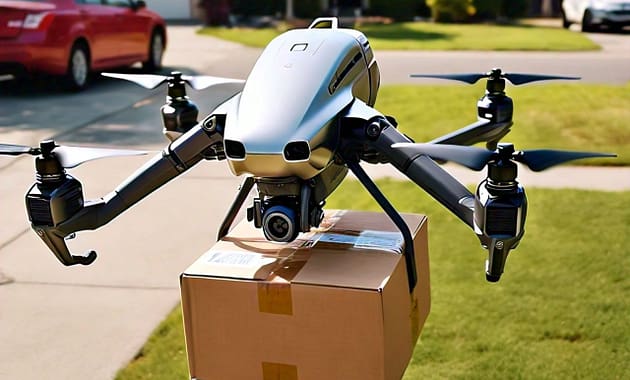
Enhancing Efficiency Through Digital Platforms

Freight Marketplaces:
Digital freight marketplaces like Uber Freight and Convoy are disrupting traditional transportation models. These platforms connect shippers with carriers in real-time, optimizing load matching and reducing empty miles. For brokers and carriers, leveraging these platforms can streamline operations and increase profitability.
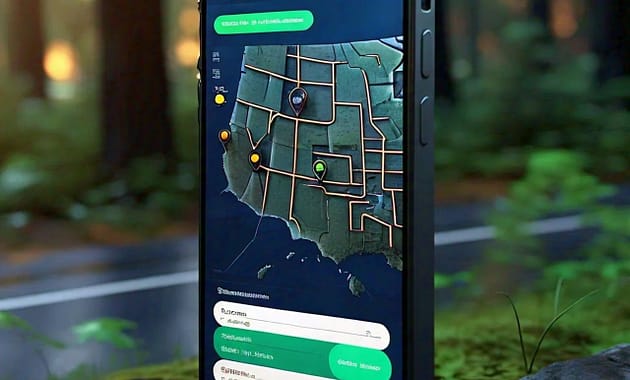
Blockchain Technology:
Blockchain technology promises greater transparency and security in transportation. By providing an immutable ledger of transactions, blockchain can reduce fraud, streamline documentation, and enhance trust between parties. For all stakeholders in the transportation industry, adopting blockchain can lead to more secure and efficient operations.

Preparing for the Future: Strategies for Success

Investing in Technology and Training:
Adopting new technologies is essential, but so is training the workforce to use them effectively. Trucking companies and logistics firms should invest in comprehensive training programs to ensure that their staff can leverage new tools and technologies to their fullest potential.
Building Strong Partnerships:
Collaboration is key to navigating the complexities of the modern transportation landscape. Building strong partnerships with technology providers, sustainable energy suppliers, and regulatory bodies can help companies stay ahead of industry trends and regulatory requirements.

Staying Agile and Adaptable:
The future of transportation is uncertain, with new challenges and opportunities emerging regularly. Companies that remain agile and adaptable, ready to pivot and embrace new innovations, will be the ones that succeed in this fast-paced environment.

Conclusion:
The future of transportation is bright, filled with exciting technological advancements and new opportunities for growth. For trucking companies, logistics firms, shippers, brokers, owner-operators, and dispatchers, staying informed and prepared is crucial. By embracing innovation, sustainability, and strategic partnerships, the transportation industry can navigate the road ahead with confidence and success.
FAQs on The Future of Transportation
1. How will autonomous vehicles impact the trucking industry?
Autonomous vehicles (AVs) are expected to revolutionize the trucking industry by increasing efficiency and reducing operational costs. They can operate continuously without breaks, potentially reducing delivery times. However, widespread adoption will require significant investments in technology and infrastructure, as well as adaptations to current regulatory frameworks.
2. What are the benefits of using IoT and telematics in transportation?
IoT and telematics provide real-time data on vehicle performance, driver behavior, and cargo conditions. This information helps in predictive maintenance, reducing vehicle downtime, optimizing routes, and ensuring timely deliveries. For logistics companies, this means enhanced efficiency, reduced costs, and improved customer satisfaction.
3. Why is there a shift towards electric and hybrid vehicles in transportation?
The shift towards electric and hybrid vehicles is driven by the need to reduce carbon emissions and comply with stricter environmental regulations. Electric and hybrid trucks offer lower operating costs and zero emissions, making them a sustainable choice for the future. Additionally, they help companies meet their corporate social responsibility (CSR) goals and appeal to environmentally conscious consumers.
4. What are the main challenges of last-mile delivery?
Last-mile delivery is often the most expensive and complex part of the transportation process due to factors like traffic congestion, varied delivery locations, and customer availability. Innovations such as drones, autonomous delivery robots, and smart lockers aim to address these challenges by making last-mile delivery more efficient and cost-effective.
5. How are digital freight marketplaces changing the transportation industry?
Digital freight marketplaces like Uber Freight and Convoy connect shippers with carriers in real-time, optimizing load matching and reducing empty miles. These platforms offer a streamlined approach to freight booking, enhancing operational efficiency and profitability for brokers and carriers.
6. What role does blockchain technology play in transportation?
Blockchain technology offers greater transparency, security, and efficiency in transportation operations. By providing an immutable ledger of transactions, it reduces fraud, streamlines documentation, and enhances trust between parties. Adopting blockchain can lead to more secure and efficient supply chain management.
7. How can transportation companies prepare for future regulatory changes?
Transportation companies can prepare for future regulatory changes by staying informed about new regulations, investing in compliance technologies (such as ELDs for hours-of-service tracking), and building strong relationships with regulatory bodies. Proactive adaptation to regulatory changes ensures smoother operations and avoids penalties.
8. What strategies can transportation companies use to stay competitive?
To stay competitive, transportation companies should invest in new technologies, train their workforce, build strong partnerships, and remain agile and adaptable to industry changes. Emphasizing sustainability and leveraging digital platforms can also provide a competitive edge.
9. How does the rise of e-commerce affect transportation?
The rise of e-commerce has increased the demand for fast, reliable delivery services, putting pressure on transportation companies to optimize their supply chains. Just-in-time (JIT) delivery models and innovations in last-mile delivery are critical for meeting consumer expectations and maintaining customer satisfaction. E-commerce requires robust logistics networks to ensure products are delivered quickly and efficiently.
10. What are the advantages of using renewable energy in transportation operations?
Integrating renewable energy sources, such as solar panels on warehouses and wind turbines, reduces the environmental impact of transportation operations and can lead to significant cost savings. Companies that invest in renewable energy also enhance their sustainability profiles, appealing to environmentally conscious clients and stakeholders. Additionally, using renewable energy can protect companies from fluctuating fuel prices and regulatory changes.


